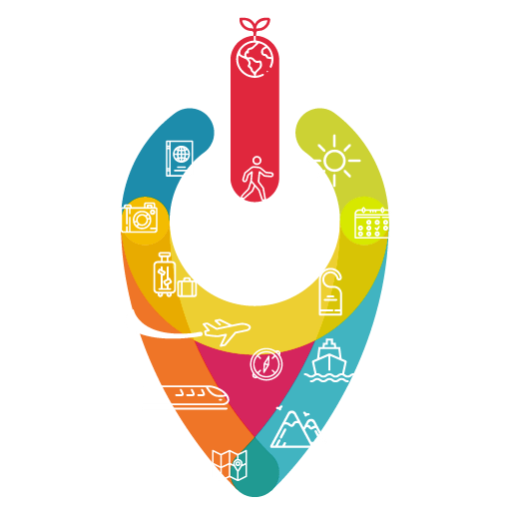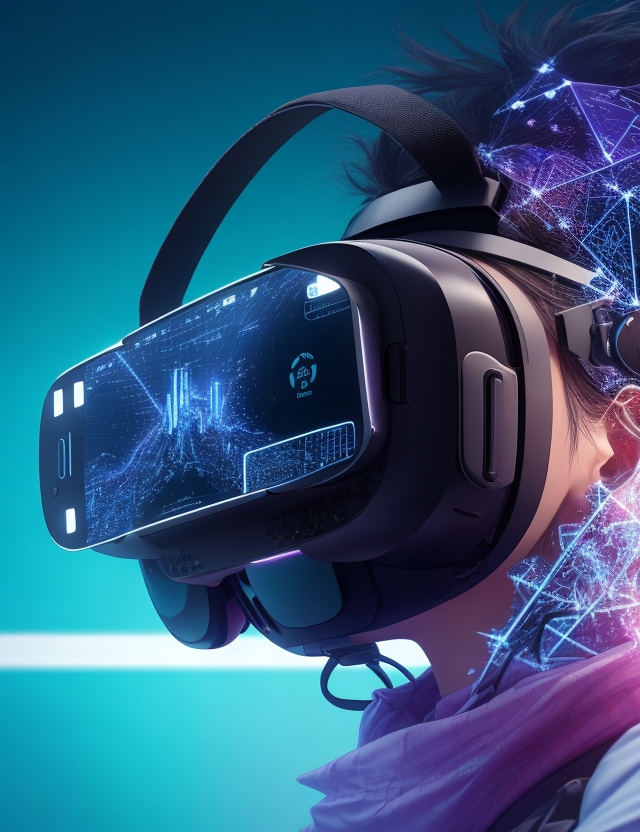Last weeks we showcased the seventh of the RESETTING project areas of expertise, concerning E-commerce and market intelligence, and then we introduced the service providers affiliated with the RESETTING consortium that your business can hire if you want to see improvement in that field.
This week we introduce the eight and last among the RESETTING project areas of expertise, concerning Innovation and Emerging technologies, with a focus on Virtual reality, Augmented Reality, and the blockchain.
These innovations are making significant contributions to the tourism sector, enhancing the overall experience for both travellers and industry stakeholders. Here’s an overview of their roles in the tourism industry:
Virtual Reality (VR):
- Virtual Tours: VR allows users to experience virtual tours of destinations before actually visiting them. This can aid in trip planning and help travelers make more informed decisions.
- Immersive Experiences: Tourism providers use VR to create immersive experiences, such as virtual hotel room tours or virtual walks through historical sites, providing a taste of the destination from the comfort of one’s home.
- Training and Simulation: VR is utilized for staff training in the tourism sector. For example, airline staff can undergo virtual training for emergency situations or customer service scenarios.
Augmented Reality (AR):
- Enhanced Navigation: AR can assist tourists in navigating through unfamiliar environments by providing real-time information about points of interest, directions, and relevant details through AR overlays on mobile devices.
- Interactive Attractions: Museums and historical sites leverage AR to enhance exhibits and provide interactive content, bringing static displays to life.
- Language Translation: AR apps can translate signs, menus, and other text in real-time, making it easier for travelers to understand and communicate in foreign languages.
Blockchain:
- Transparent and Secure Transactions: Blockchain technology can enhance the security and transparency of financial transactions in the tourism sector, reducing fraud and ensuring trustworthy transactions for bookings and payments.
- Smart Contracts: Smart contracts can automate various processes in the travel industry, such as ticketing, hotel reservations, and car rentals, streamlining operations and reducing the need for intermediaries.
- Customer Loyalty Programs: Blockchain can be used to create more secure and transparent loyalty programs. Travelers can earn and redeem rewards across various partners within the tourism ecosystem.
These technologies collectively contribute to a more immersive, efficient, and secure travel experience. However, it’s essential to note that the adoption of these technologies may vary across different regions and businesses within the tourism sector. Additionally, ongoing developments in these fields continue to shape and refine their applications in the industry.
If you are interested boosting any communication aspect that we just talked about, there are many service providers affiliated with the RESETTING consortium that can be hired to assist you, and we will introduce them next week!

